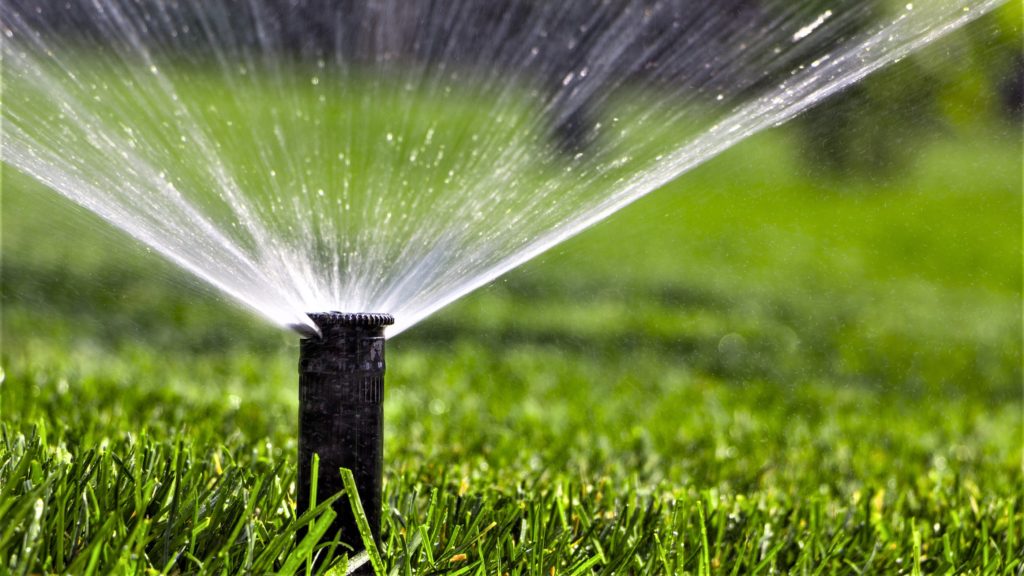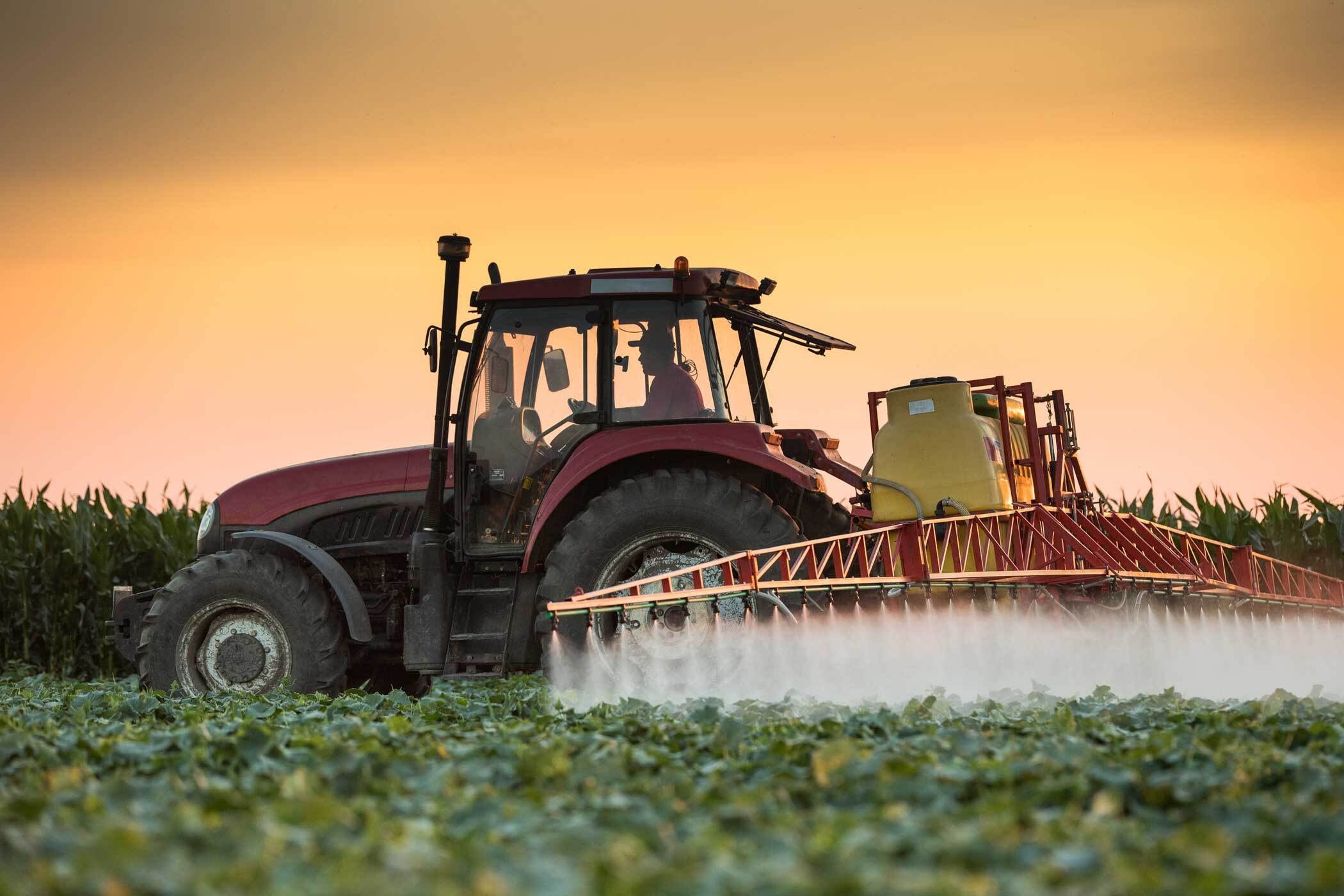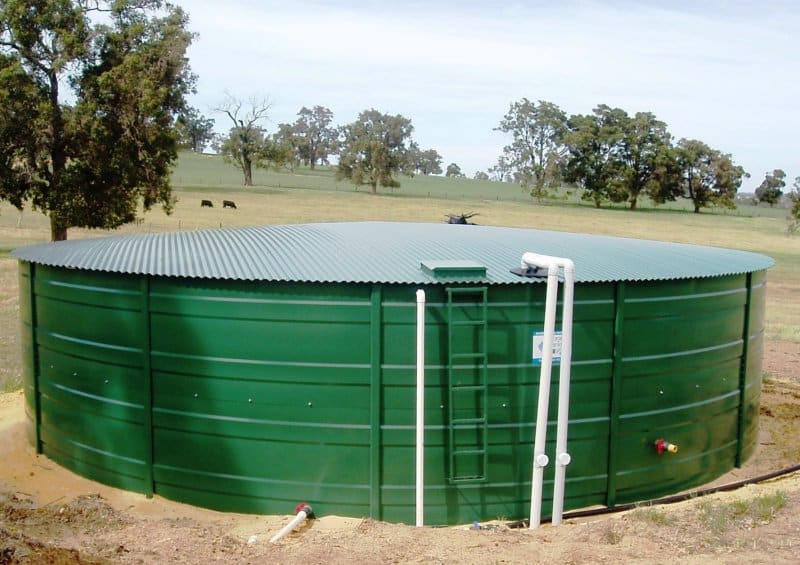Are you tired of seeing your crops wither and die during droughts? Well, imagine having the ability to store thousands of gallons of water right on your farm. Agricultural tanks are revolutionizing farming by providing farmers with increased water storage capacity, allowing them to better withstand dry spells and maintain the health of their crops.
But that’s just the beginning. These tanks also offer improved nutrient distribution, enhanced crop protection, and efficient irrigation systems. With these advancements, farmers are able to adopt more sustainable farming practices and increase their chances of success.
But how exactly do these tanks work, and what makes them so effective? Let’s explore further.
Increased Water Storage Capacity
Agricultural tanks are revolutionizing farming by providing farmers with significantly increased water storage capacity. This advancement in water storage is crucial for water conservation and efficient irrigation management in agricultural practices. With the ever-growing demand for water in farming operations, the need for effective water storage solutions has become paramount.
By utilizing agricultural tanks, farmers can store large volumes of water, reducing their reliance on traditional water sources and minimizing water wastage. These tanks are designed to withstand harsh weather conditions and are equipped with advanced features that ensure the water remains clean and uncontaminated. This enables farmers to maximize their water resources while minimizing the environmental impact.
The increased water storage capacity offered by agricultural tanks allows farmers to implement more efficient irrigation management strategies. With larger amounts of water readily available, farmers can irrigate their crops more effectively, ensuring that each plant receives the necessary amount of water for optimal growth. This precision in irrigation management not only promotes crop health but also minimizes water loss through evaporation and runoff.
Improved Nutrient Distribution

To optimize the distribution of nutrients, you can utilize innovative methods and technologies in precision farming and precision agriculture. These practices aim to enhance the efficiency and effectiveness of nutrient application, ensuring that crops receive the right amount of nutrients at the right time.
Precision farming involves the use of advanced technologies such as GPS, remote sensing, and data analytics to monitor and manage agricultural processes with greater accuracy. By utilizing precision farming techniques, farmers can precisely analyze the nutrient requirements of their crops and tailor their fertilizer application accordingly. This allows for the optimization of nutrient distribution, minimizing waste and maximizing crop productivity.
Precision agriculture takes the concept of precision farming further by integrating real-time data collection and analysis. Farmers can utilize sensors and monitoring devices to gather information about soil moisture, nutrient levels, and crop health. This data is then analyzed using advanced algorithms to generate precise recommendations for nutrient application. By adopting these recommendations, farmers can ensure that nutrients are distributed precisely where and when they’re needed, avoiding over- or under-application.
Enhanced Crop Protection
One effective approach to enhance crop protection is through the implementation of advanced pest management strategies. Pest management plays a crucial role in safeguarding crops from the harmful effects of pests and diseases, which can lead to significant yield losses. By adopting innovative pest management techniques, farmers can minimize the damage caused by pests and ensure healthier crops.
Integrated pest management (IPM) is a widely used strategy that combines various control methods to effectively manage pests. It involves monitoring pest populations, implementing cultural practices, using biological controls, and resorting to chemical controls only when necessary. This holistic approach reduces reliance on chemical pesticides, minimizing their environmental impact while still effectively controlling pests.
Additionally, disease prevention is a crucial aspect of crop protection. By implementing proper sanitation practices, farmers can reduce the risk of disease transmission and infection. This includes regular removal of plant debris, ensuring clean irrigation systems, and practicing crop rotation to break disease cycles.
Furthermore, the use of resistant crop varieties can greatly enhance crop protection. By selecting plant varieties with natural resistance to common pests and diseases, farmers can reduce the need for chemical treatments and increase overall crop health.
Efficient Irrigation Systems

Efficient irrigation systems play a crucial role in optimizing water usage and ensuring the sustainable growth of crops. With the increasing demand for food production and the scarcity of water resources, it’s essential to implement smart irrigation techniques that promote water conservation and minimize wastage.
Smart irrigation systems utilize advanced technologies to monitor and control water distribution, helping farmers make informed decisions about when and how much water to apply to their fields.
One of the key features of smart irrigation systems is the use of sensors that measure soil moisture levels, weather conditions, and crop water requirements. These sensors provide real-time data, allowing farmers to adjust irrigation schedules based on actual plant needs, rather than relying on traditional, time-based methods.
By delivering water precisely and efficiently, smart irrigation systems reduce water loss due to evaporation or runoff, resulting in significant water savings.
Furthermore, smart irrigation systems can be integrated with weather forecasting models and automated controls. By considering weather patterns and adjusting irrigation accordingly, farmers can avoid over-watering during periods of rainfall or high humidity, saving even more water.
These systems also enable remote monitoring and control, allowing farmers to manage irrigation operations from anywhere, enhancing convenience and efficiency.
Sustainable Farming Practices
Implementing sustainable farming practices is essential for ensuring the long-term viability of agricultural systems and minimizing their environmental impact. One important aspect of sustainable farming is the use of organic fertilizers. Unlike synthetic fertilizers, which can have negative effects on soil health and water quality, organic fertilizers are derived from natural sources such as compost, animal manure, and plant residues. These organic fertilizers not only provide essential nutrients for crops but also improve soil structure and increase its water-holding capacity.
Another key practice in sustainable farming is crop rotation. Crop rotation involves the systematic planting of different crops in a specific sequence over time. This helps to break pest and disease cycles, reduce the need for chemical pesticides, and improve soil fertility. By rotating crops, farmers can also optimize the use of nutrients in the soil, as different crops have varying nutrient requirements. For example, legumes like soybeans and peas are known to fix atmospheric nitrogen, enriching the soil for subsequent crops.
Frequently Asked Questions (FAQs):
How Do Agricultural Tanks Help in Conserving Water Resources?
Agricultural tanks help conserve water resources by improving crop yields and enhancing crop quality. By efficiently storing and distributing water, these tanks ensure that plants receive optimal hydration, reducing water waste.
Are There Any Specific Types of Crops That Benefit More From Improved Nutrient Distribution Using Agricultural Tanks?
Certain crops, such as strawberries and tomatoes, benefit greatly from improved nutrient distribution using agricultural tanks. Precision farming with these tanks has led to increased crop yields by ensuring optimal nutrient levels for growth.
Can Agricultural Tanks Be Used in Organic Farming Practices?
Yes, agricultural tanks can be used in organic farming practices. They allow for precise nutrient distribution, improving soil fertility. However, it is important to ensure that the tanks and nutrients used meet the requirements for organic certification.
Do Agricultural Tanks Help in Reducing the Usage of Pesticides and Other Chemicals for Crop Protection?

Agricultural tanks can help reduce pesticide and chemical usage for crop protection, resulting in a reduced environmental impact. With increased crop yield, these tanks revolutionize farming by promoting sustainable and efficient practices.
What Are the Long-Term Cost Savings Associated With Using Efficient Irrigation Systems Powered by Agricultural Tanks?
Using efficient irrigation systems powered by agricultural tanks can provide significant long-term financial benefits. These systems reduce water waste and lower energy costs, resulting in decreased operational expenses. Additionally, they have a positive environmental impact by conserving water and reducing the need for chemical inputs.
